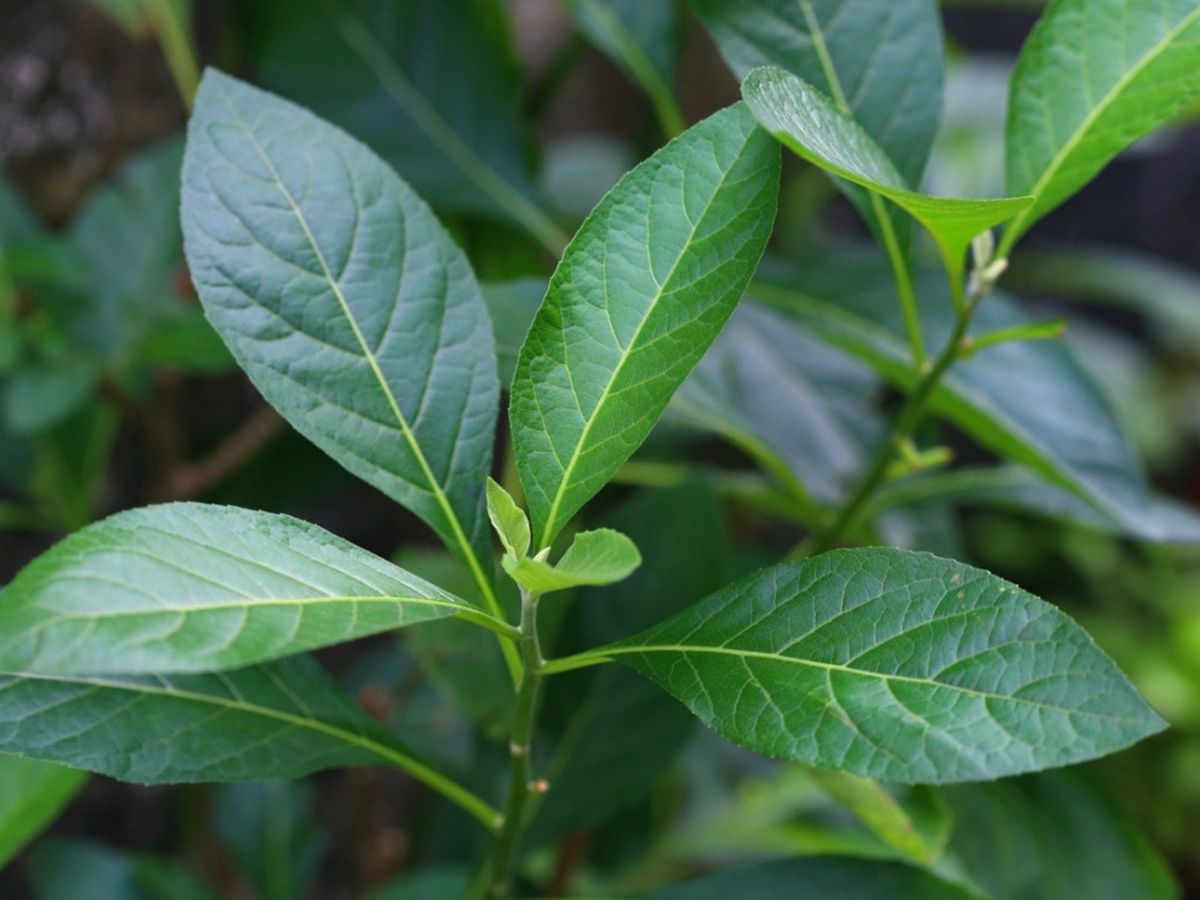The bitter leaf plant, scientifically known as Vernonia amygdalina, is a leafy green vegetable native to West and Central Africa. It has been used for centuries in traditional medicine to treat a wide range of ailments. With its distinctive bitter taste and numerous health benefits, bitter leaf has gained popularity worldwide.

Bitter leaf is a perennial shrub that can grow up to 4 meters tall. It has dark green, serrated leaves with a characteristic bitter flavor. The plant produces small, white flowers that develop into brown, hairy fruits. Bitter leaf is a hardy plant that thrives in tropical and subtropical climates.
Bitter leaf is a nutritional powerhouse, packed with essential vitamins, minerals, and antioxidants. It is an excellent source of vitamins A, C, and E, as well as iron, calcium, and potassium. Bitter leaf is also rich in fiber, which aids in digestion and promotes satiety.
Bitter leaf has been used in traditional medicine to treat a variety of health conditions. Some of the most notable health benefits of bitter leaf include:
Antioxidant Properties
Bitter leaf is rich in antioxidants, which help protect the body from damage caused by free radicals. These harmful molecules can contribute to aging and chronic diseases such as cancer and heart disease.
Anti-inflammatory Effects
Bitter leaf has potent anti-inflammatory properties, which can help reduce inflammation throughout the body. This makes it beneficial for conditions such as arthritis, asthma, and inflammatory bowel disease.
Immune System Booster
Bitter leaf can help strengthen the immune system, making it more effective at fighting off infections. It is often used to treat colds, flu, and other respiratory infections.
Blood Sugar Regulation
Bitter leaf has been shown to help regulate blood sugar levels, making it beneficial for people with diabetes. It can help improve insulin sensitivity and reduce blood sugar spikes after meals.
Liver Health
Bitter leaf has liver-protective properties and can help improve liver function. It can help detoxify the liver and protect it from damage caused by toxins and alcohol.
Digestive Health
Bitter leaf can help improve digestion by stimulating the production of digestive enzymes. It can also help relieve constipation and other digestive issues.
Weight Loss
Bitter leaf can aid in weight loss by boosting metabolism and reducing appetite. It can also help prevent the absorption of excess fat from food.
Skin Health
Bitter leaf has antibacterial and antifungal properties, making it effective in treating skin infections. It can also help soothe skin irritations and promote wound healing.
Bitter leaf is a popular ingredient in many African dishes. It is often boiled or steamed and added to soups, stews, and salads. The bitterness of the leaves can be reduced by blanching them in boiling water before cooking.
To prepare bitter leaf for cooking, follow these steps:
1. Wash the leaves thoroughly: Remove any dirt or debris from the leaves.
2. Blanch the leaves: Bring a pot of water to a boil and add the bitter leaf leaves. Blanch for 2-3 minutes, then drain.
3. Cook the leaves: Add the blanched leaves to soups, stews, or other dishes.
While bitter leaf is generally safe for consumption, it is important to use it in moderation. Excessive consumption may lead to side effects such as stomach upset, diarrhea, and allergic reactions. Pregnant and breastfeeding women should avoid consuming bitter leaf, as it may not be safe for them.
What is the taste of bitter leaf? Bitter leaf has a distinctive bitter taste, which can be off-putting to some people.
Bitter leaf is a versatile plant with a wide range of health benefits. It is a rich source of nutrients and antioxidants, and it has been used for centuries in traditional medicine to treat various ailments. While it is generally safe for consumption, it is important to use it in moderation and consult with a healthcare professional if you have any concerns.





:max_bytes(150000):strip_icc()/star-of-bethlehem-plant-profile-4774326-hero-943e35e2dc3049b1b2baa110d5fa0e71.jpg?w=200&resize=200,112&ssl=1)
